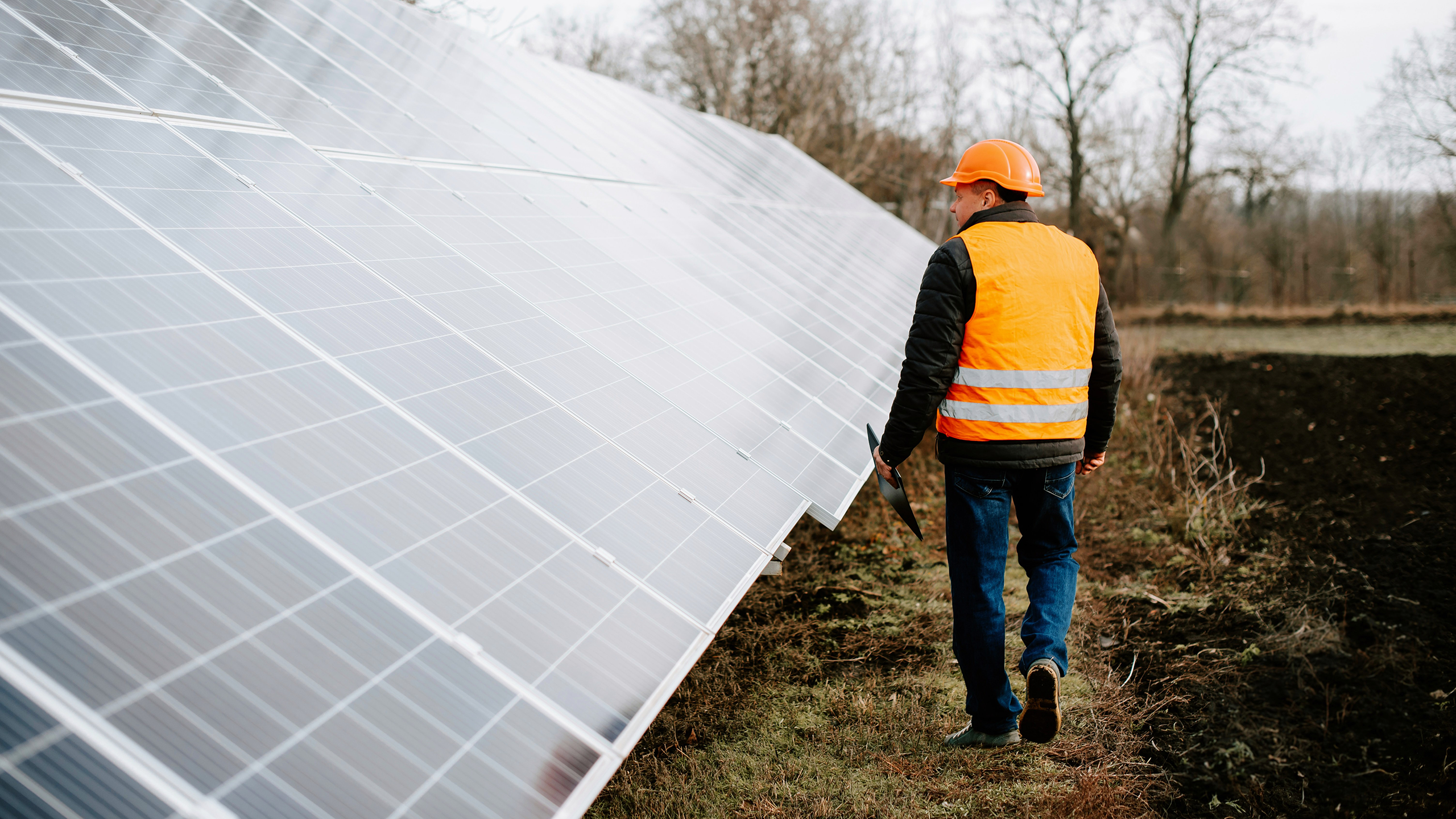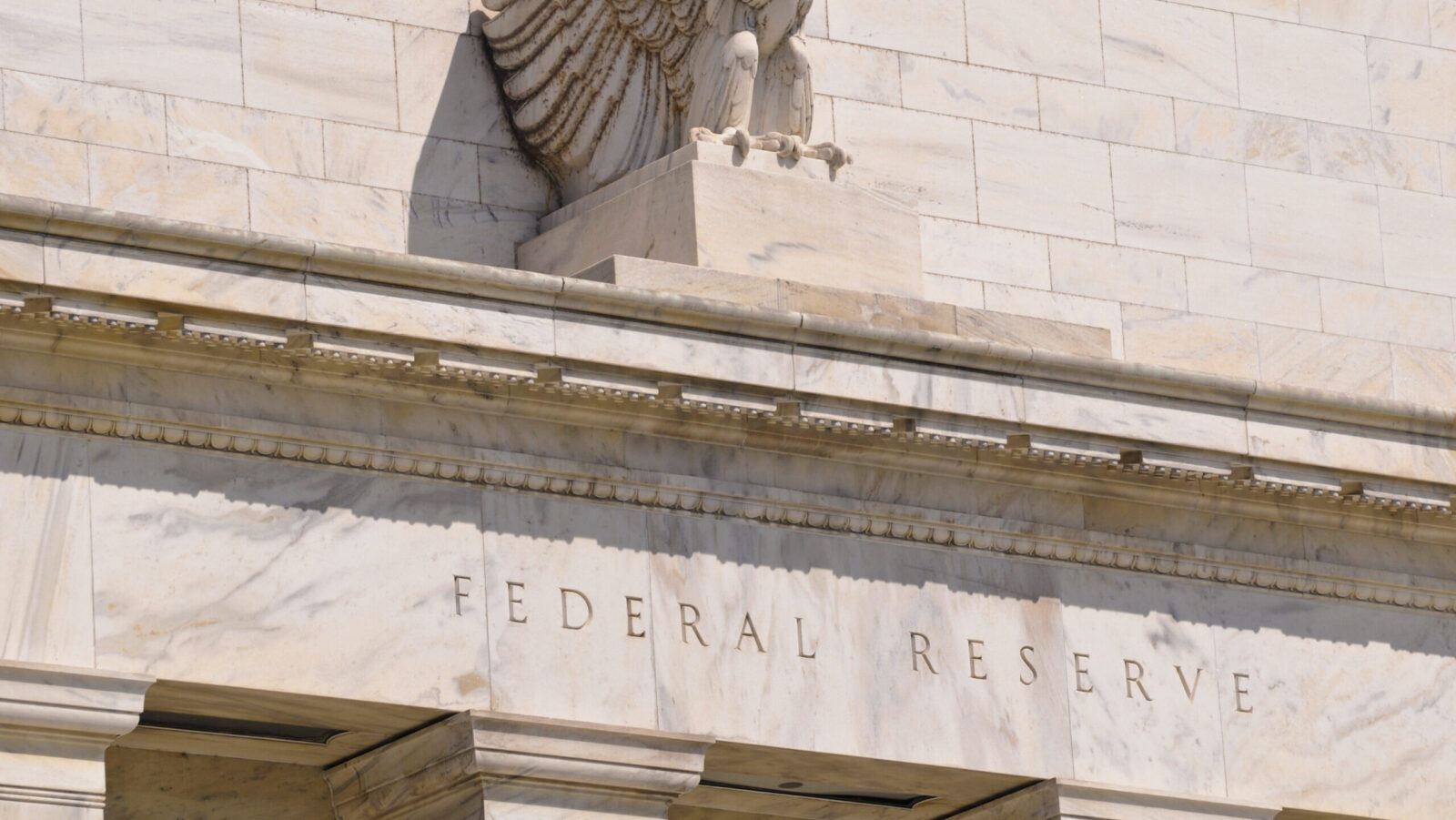Solar Companies Burned by Clean-Energy Cuts
The outlook for clean energy was already looking dim under Trump, who has promised to cut clean-energy while boosting oil, gas, and coal.

Sign up for smart news, insights, and analysis on the biggest financial stories of the day.
Solar stocks will need a lot of aloe vera to recover from the burn they suffered when the US House of Representatives passed a bill gutting clean-energy incentives. Home solar-panel installer SunRun nosedived 39%, battery provider SolarEdge plunged 26%, and solar-system supplier Enphase fell 20%.
The legislation, which President Trump has dubbed a “big, beautiful bill” and the GOP-controlled House passed on a party-line vote by a razor-thin margin, overhauls former President Joe Biden’s Inflation Reduction Act with multi-trillion dollar tax and spending cuts.
The measure will now head to the Senate — where how much (or little) politicians revise it could determine the fate of clean energy.
Worst Case Sun-ario
Biden’s Inflation Reduction Act was a landmark bill for clean energy, encouraging rapid growth and investment in the sector. Trump’s bill undoes many of its key incentives, including some that underpin the home-solar panel industry in particular:
- Earlier versions of Trump’s bill cut tax credits for people who bought their solar systems. The latest extends those cuts to leased equipment. About 70% of the industry is supported by leases, a Guggenheim analyst estimated.
- The bill also moves up the end date for tax credits on new construction of wind, solar, and battery-storage projects by three years to the end of 2028 and requires any new projects to break ground within 60 days of the bill’s final passage. Additionally, clean-energy projects will no longer qualify for tax credits if they use parts or materials from China, which controls much of the sector’s supply chain.
The bill would also hit electric vehicle-makers by moving up the end of the $7,500 tax credit for most EVs from 2032 to next year.
Predicting the Eclipse: Investors are reaching for their best UV-blocking glasses as they face the possibility of a total solar tax-credit eclipse. Clean-energy advocates say the legislation would end billions in investments into the sector, putting the brakes on future growth. The outlook for clean energy already appeared dim under Trump, who campaigned against it while vowing to boost oil, gas, and coal — promises that could be fulfilled with the passage of this tax bill.











